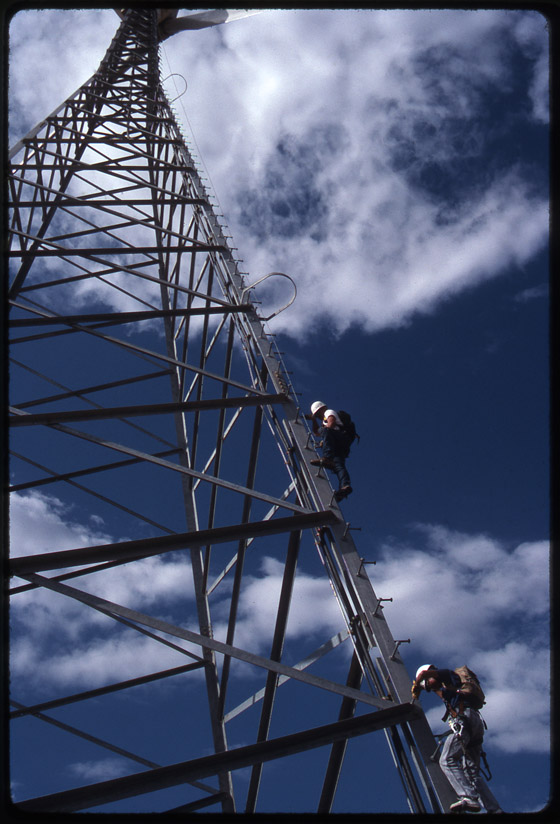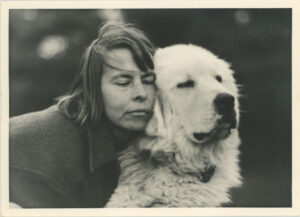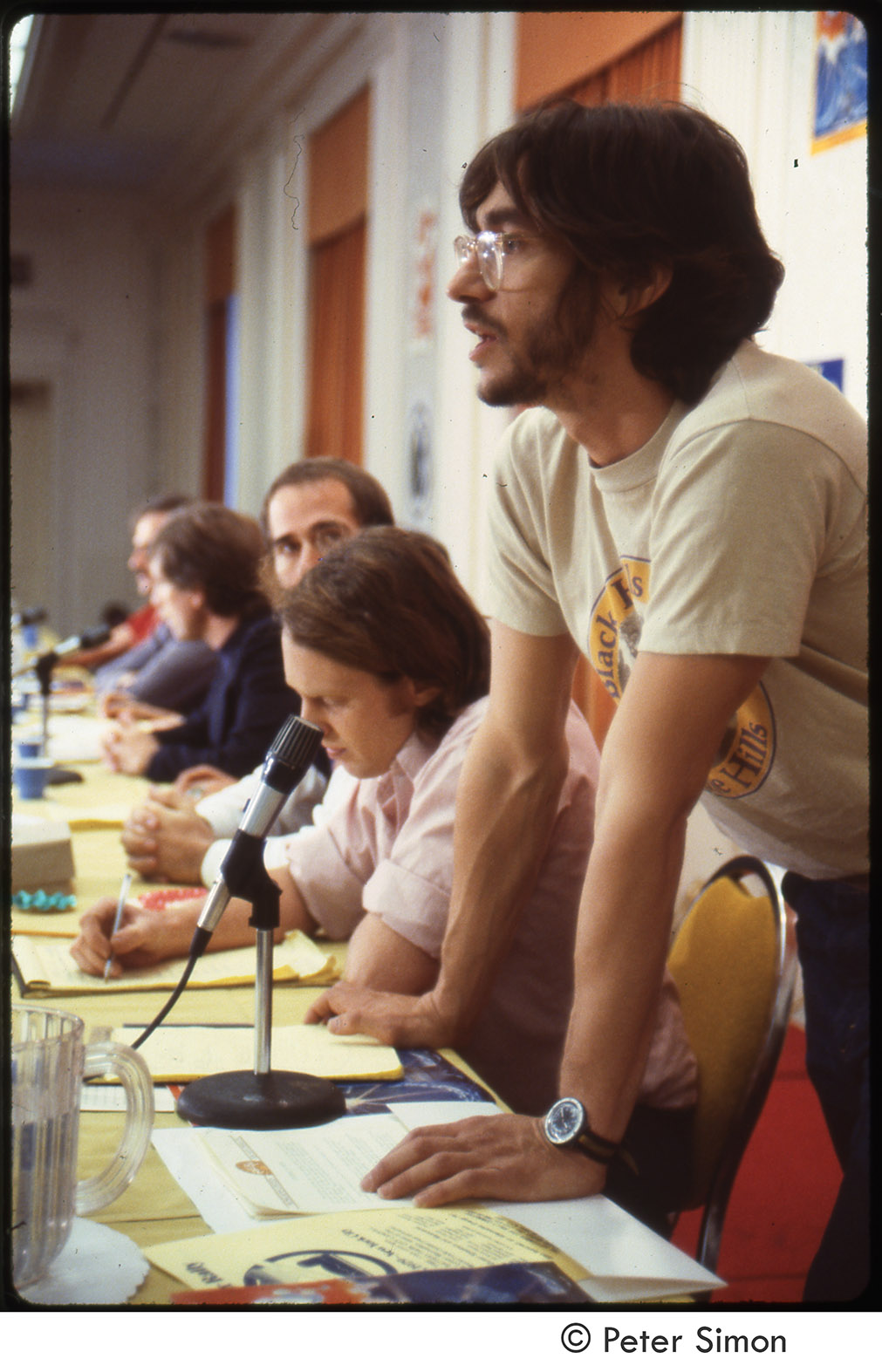Woody Stoddard Papers

A visionary of modern wind power, Forrest “Woody” Stoddard was a graduate in aeronautics from MIT (BS, 1966; MS 1968) and an early member of the UMass Amherst “wind power mafia.” After service with the Air Force, Stoddard returned home to Amherst, Mass., in 1972 to pursue a doctorate in Ocean Engineering and to take part in the emerging field of alternate energy. Joining the vibrant, interdisciplinary group at UMass gathered around William Heronemus, he began a dissertation in wind turbine dynamic analysis (1979), earning selection as lead developer of the famed 25kW Wind Furnace 1 (WF-1) turbine. To carry research into practice, Heronemus, Stoddard, and other UMass graduates joined US Windpower (later Kenetech), the country’s first producer of large wind turbines and promoter of early wind farms. A tireless advocate for wind power and alternative energy, Stoddard was highly regarded as a researcher but also as a teacher and mentor of a generation of engineers who populate the industry. Nearly coincident with his untimely death on Jan. 25, 2007, the American Wind Energy Association awarded Stoddard its Lifetime Achievement Award.
As a participant in the early years of the wind power group at UMass, Stoddard’s papers offer insight into an engineer’s experiences in the fitful growth of the wind power industry. The collection is rich in engineering data on turbine dynamics and other aspects of wind power and the extension of academic research into the nascent wind power industry, and it includes an interesting array of both personal and professional photographs and correspondence.



